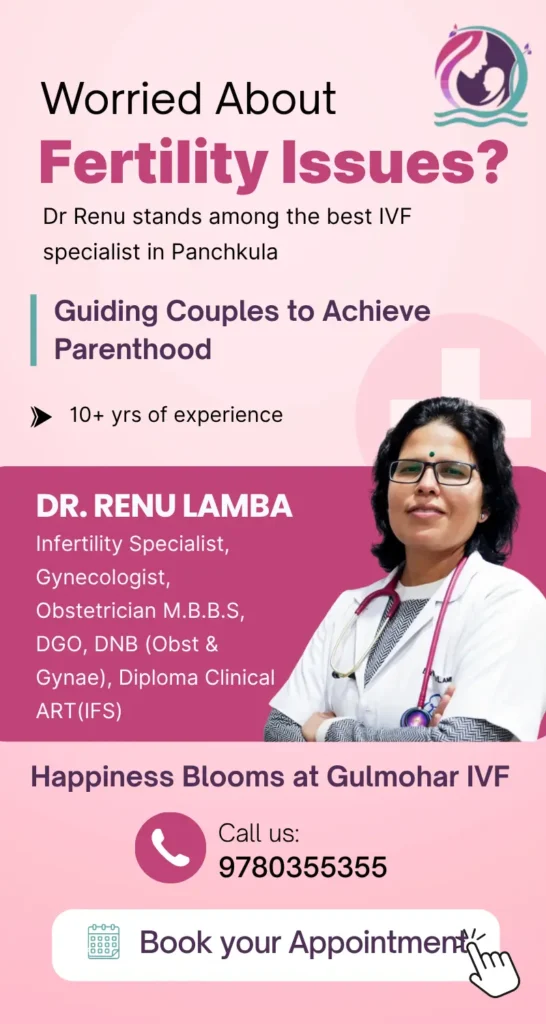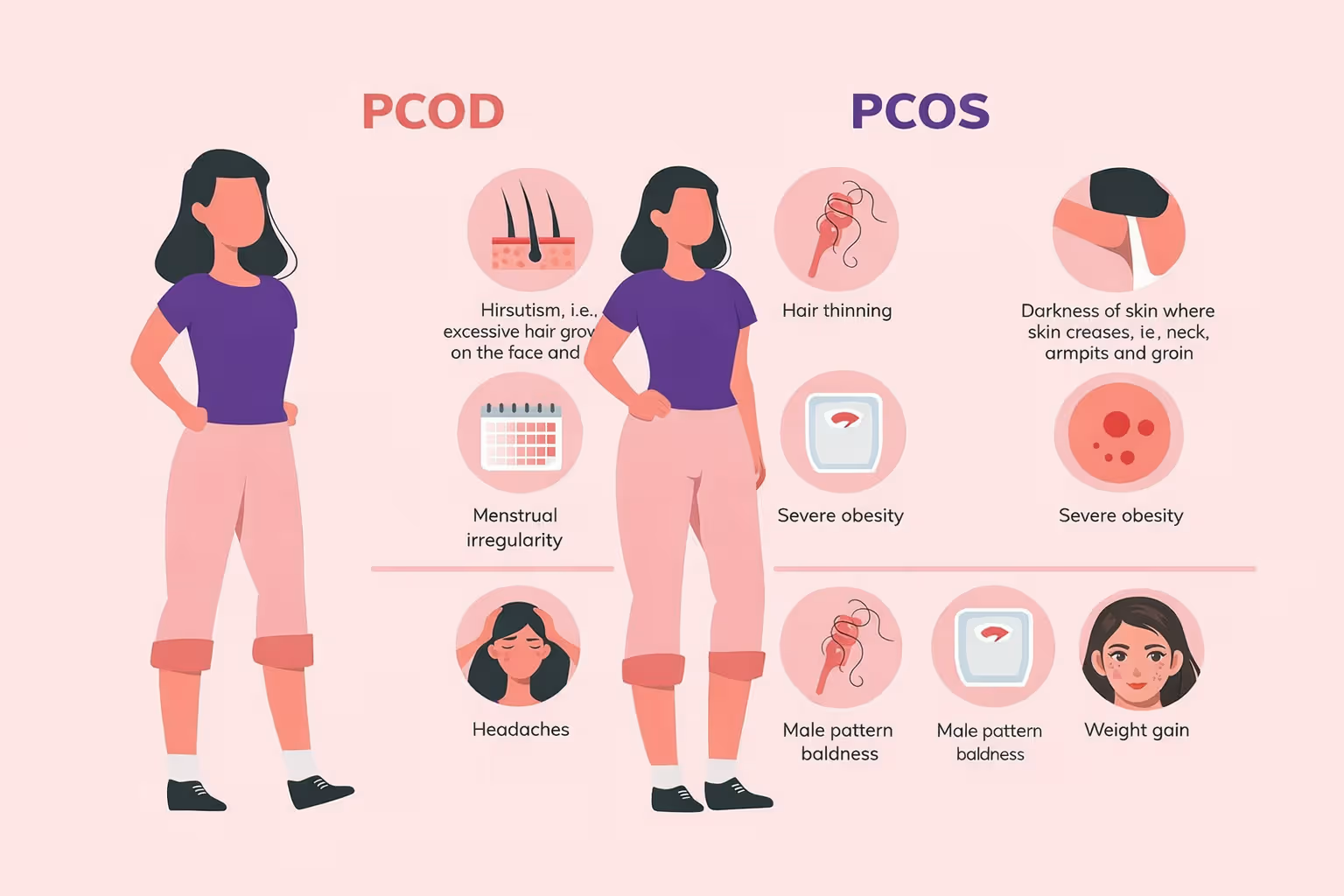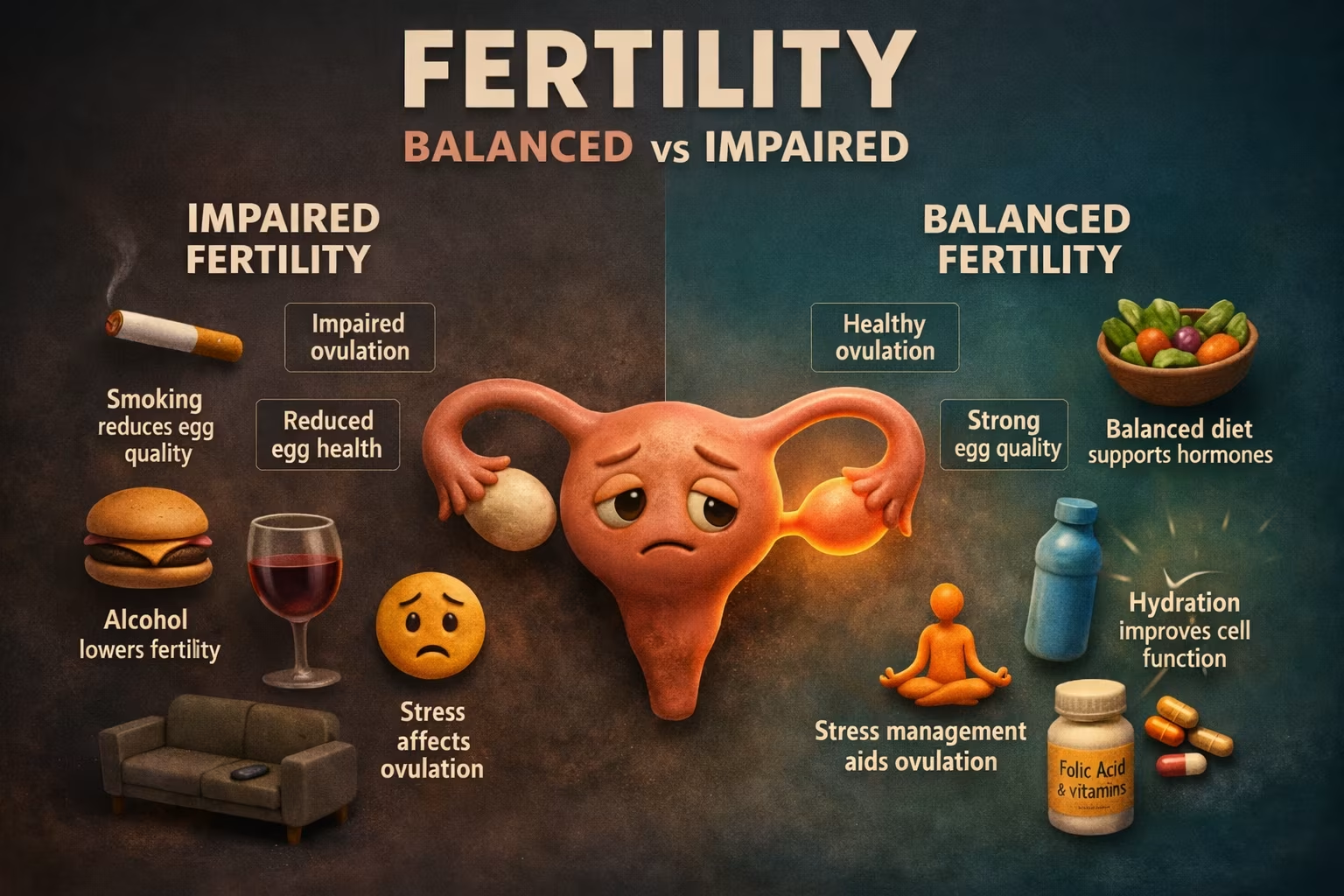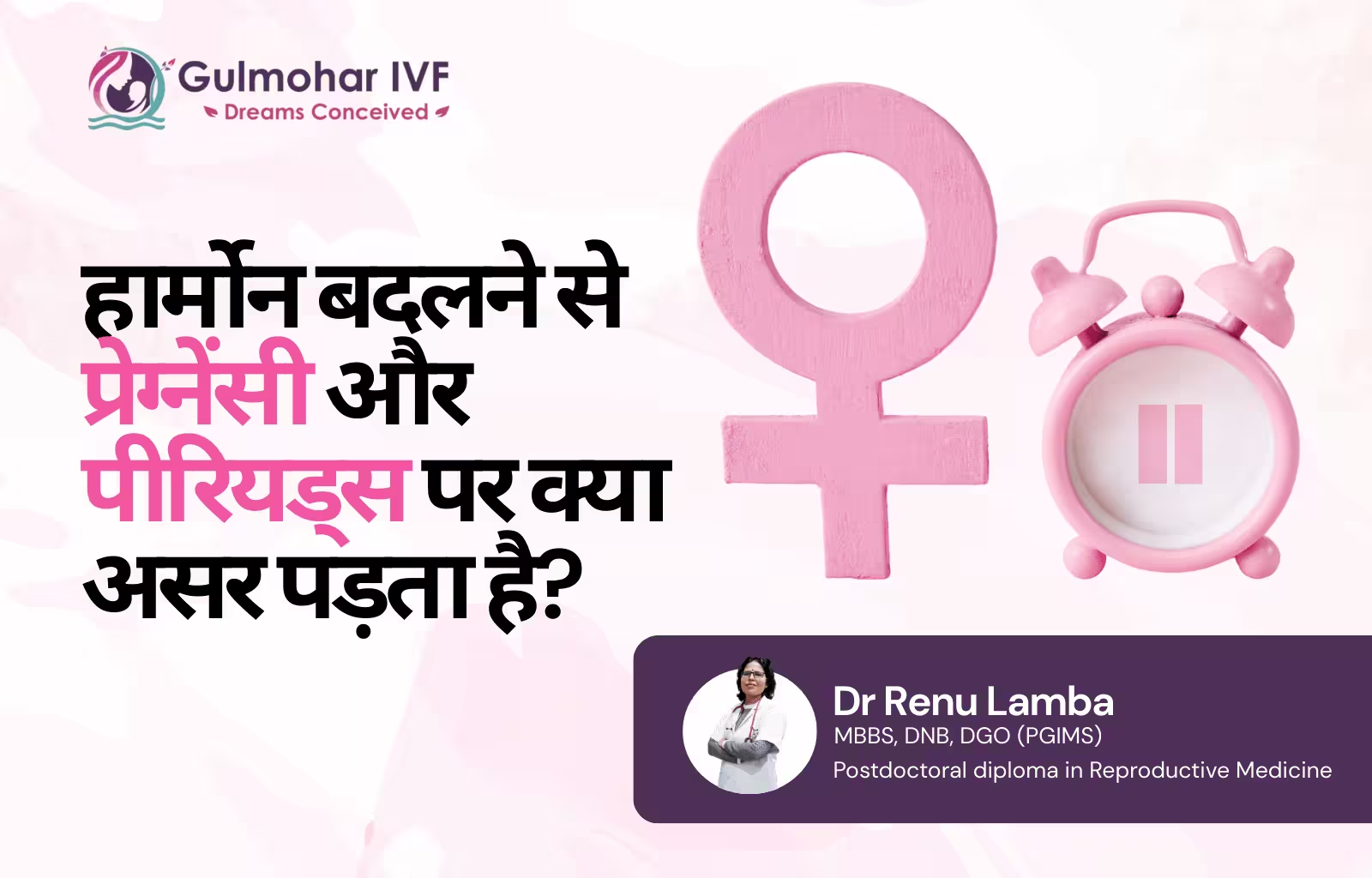Until recently, IVF conversations in Panchkula homes mostly circled around the woman her eggs, her hormones, her age, her uterus. But things are changing. Slowly and steadily, men in Panchkula are stepping up in the IVF journey not just as supportive partners, but as active contributors to fertility success.
In this article, we explore how male involvement is reshaping IVF outcomes in Panchkula, and why a shift in mindset and medical awareness is leading to better results for many couples.
It’s Not Just Her Struggle Anymore
Traditionally, infertility was viewed as a “women’s issue.” A missed period, hormonal tests, internal scans, the burden was placed squarely on the woman’s shoulders. But science tells a different story. According to the World Health Organization, male factors contribute to infertility in over 50% of cases.
And yet, in many Panchkula households, the man never gets tested — even after multiple failed IVF cycles.
“Mard ke saath kya dikkat ho sakti hai?” — this mindset has delayed success for many couples.
Meet the New Panchkula Husband: More Involved, More Informed
Today, we see more men coming forward getting tested, adjusting their lifestyles, and even sitting in on consultations. At Gulmohar IVF, Dr. Renu Lamba shares, “More husbands now ask about semen quality, DNA fragmentation, and antioxidant supplements. That’s a huge shift.”
One such case is Rajat (35), who discovered that his sperm motility was low due to late-night work hours and stress. With minor treatment and lifestyle correction, the couple conceived in their second IVF cycle.
Common Male Factors That Affect IVF
Even if a man feels “healthy,” underlying issues can affect embryo quality. Some of the most overlooked male infertility causes include:
- Sperm DNA fragmentation: Even if count is normal, damaged DNA affects embryo development.
- Varicocele: Enlarged veins in the scrotum that reduce sperm quality.
- Obesity & poor diet: Common among urban professionals in Panchkula.
- High stress & screen exposure: Laptop heat and mobile use near groin area.
These factors don’t always show up in basic semen tests, which is why advanced male fertility assessments are now becoming more common.
Tests That More Panchkula Men Are Opting For
Instead of hiding behind social stigma, informed men are now requesting advanced testing such as:
- Sperm DNA fragmentation test
- Hormonal profile (FSH, LH, testosterone)
- Scrotal Doppler (to check for varicocele)
- Advanced semen culture & morphology analysis
These tests not only guide treatment but also improve IVF outcomes by tailoring the process to both partners.
IVF Success Needs Two Pillars, Not One
IVF is not just a female-centric science. A healthy sperm is just as crucial as a healthy egg. A good-quality embryo is a team effort and so is emotional support throughout the IVF journey.
Many Panchkula couples who failed IVF earlier are now succeeding simply because both partners are being evaluated equally and treated holistically.
“When the man participates, the woman feels less alone. That emotional strength also improves outcomes.”
Male Fertility Treatments Are Simple But Powerful
Here’s what some men have done to boost fertility:
- Started antioxidant therapy (CoQ10, zinc, selenium, L-carnitine)
- Stopped smoking and drinking during treatment months
- Lost belly fat and started regular walks or yoga
- Improved sleep and reduced late-night screen exposure
In many cases, these small changes improve sperm parameters dramatically within 2–3 months.
Male Participation Is Emotional Support Too
Men in Panchkula are not just improving biologically. They’re also showing up, for scans, embryo transfers, and post-beta hCG visits. Holding hands. Taking off from work. Saying, “We’ll do this together.”
That presence is powerful. It strengthens the woman, reduces IVF stress, and often becomes the emotional glue in the journey.
How Gulmohar IVF Encourages Male Involvement
At Gulmohar IVF Panchkula, male involvement is encouraged from Day 1. From joint fertility evaluations to targeted sperm health programs, Dr. Renu Lamba ensures that every couple gets equal attention not just every woman.
The clinic offers personalized sperm health counseling, testing, and even antioxidant kits, all guided by medical science, not old myths.
The Real Message: IVF Is Not Just Her Journey
For long, infertility made women feel isolated, ashamed, or even blamed. But the tide is turning in Panchkula. More and more men are asking, “Doctor, what should I do to help?”
And when both partners walk together, IVF success becomes much more likely.
“Her pain is not hers alone. IVF success is a shared victory.”
“Strong couples don’t just wait for miracles — they create them together.”
Want to speak to a fertility expert? Click here to book a private consultation with Dr. Renu Lamba at Gulmohar IVF.
Disclaimer: This article is for educational purposes only. Please consult a qualified fertility specialist for diagnosis and treatment options.









